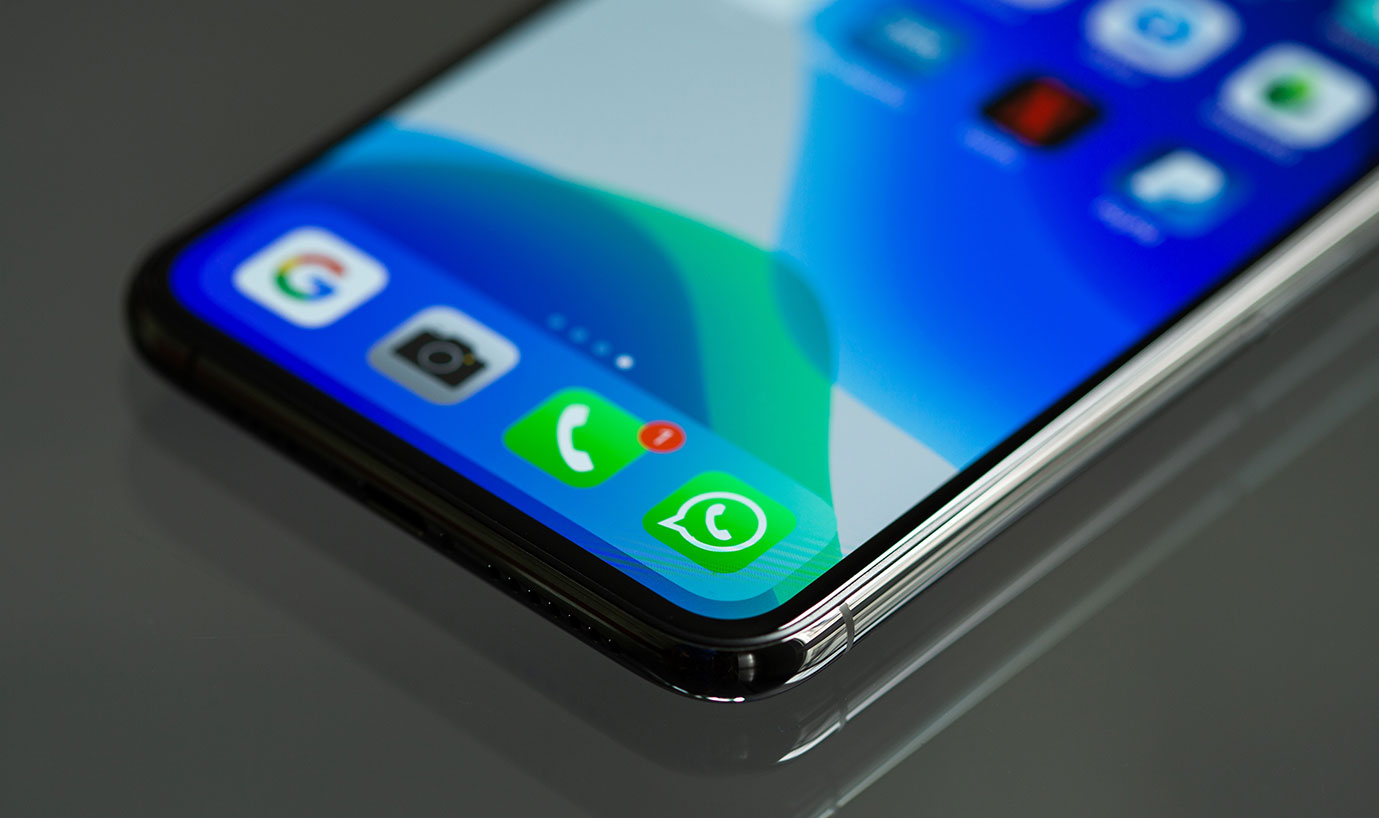According to a recent study, developments over the coming ten years may open up opportunities for quantum processors with the strength to eliminate the encryption used by Bitcoin.
These supercomputers use ‘Qubits’, a development of the classical binary bit, to handle difficult problems that are beyond the capabilities of conventional systems. As a result, qubits are capable of representing the values 1 and 0 simultaneously, which promises to exponentially boost computing power.
Quantum computing and encryption
There has been a lot of digital ink written about the ongoing threat that quantum processors pose to the asymmetric cryptography that is now in use.
In asymmetric cryptography, a private-public key pair is created in a way that the two keys are mathematically related to one another. The private key is kept private, as the name suggests, while the public key is made available to the whole public. This enables people to generate a digital signature using their private key, which anyone with the associated public key can verify. In the financial sector, this scam is frequently used to demonstrate the reliability and integrity of transactions.
Bitcoin
Bitcoin is a decentralised method of exchanging money. In contrast to the banking system, where banks are required to give consumers’ bank accounts, a Bitcoin user is in charge of creating his own (random) address. The user’s computer generates a random Bitcoin address (associated to the public key) and the secret (private key) needed to execute transactions from this address using a straightforward technique.
Will quantum processors be able to eliminate Bitcoin?
Bitcoin addresses can be classified into two types. This will sound complicated at first, so I’ll try to keep it simple and tie everything together.
A “pay to public key” Bitcoin address is the first of two types (p2pk).
When it comes to a potential future that includes quantum processors, these p2pk addresses are the most susceptible. The public key can be obtained directly from the wallet address.
Since there are a lot of early bitcoin addresses which fall into the p2pk group. This indicates that all addresses that are exposed to the public have public keys that are accessible to everyone in the globe.
Additionally, if a quantum processor ever develops, it will be able to decrypt the private keys for these addresses using the publicly available public keys, stealing all the bitcoins. The most important thing to remember from this section is that a Bitcoin address needs to have an available public key in order for a quantum computer to damage it.
Are quantum processors capable of decrypting all addresses?
Fortunately, not all addresses fit this description. A “pay to public key hash” is a more recent sort of address that falls under the second category (p2pkh). For certain addresses, it is impossible to derive the public key from the address. Instead, the public key is only made available to the public after a transaction of sending money from that wallet has been completed.
This indicates that until the user sends money from that wallet, those addresses are impenetrable to quantum processors.
Does the Bitcoin blockchain have a built-in resistance against present and future quantum attacks?
The foundation of Bitcoin is a blockchain, which is effectively a ledger of ownership secured by the SHA-256 algorithm. You can alter a Bitcoin’s ownership if you are able to figure out the secret key given during transactions. Every Bitcoin transaction has a cryptographic secret that is exposed for a certain amount of time, which can range from 10 minutes to an hour or till a day, according to Sussex scientists led by Mark Webber.
The researchers have estimated that it takes a quantum processor with 1.9 billion qubits to crack Bitcoin’s encryption in 10 minutes. A machine with 317 million qubits would be required to complete the feat in an hour. However, if you had a full day to try to crack the security, a system with only 13 million qubits can do the job easily.
Defenders are in the lead
Although experts such as Groth do not see quantum processors as a direct threat to blockchain technology, research into potential solutions is ongoing. “Cryptographers consider what a good countermeasure would be,” according to Groth.
IBM’s most powerful quantum processors currently have 127 qubits. It is obviously a long way for processors with 13 million qubits becoming available, and a processor with 317 million or more qubits is a much better bet in terms of practical Bitcoin cracking right now. According to the Sussex researchers, with the current rate of progress, sufficiently powerful processors will not be achieved for ‘potentially over a decade’, putting it definitely in the 2030s.
Blockchain developers have a distinct advantage in the race to counter rising computing power. They can, for example, boost the number of digits in the cryptographic keys that encrypt the chain — a process that is faster to scale than the attackers’ ability to catch up. “In the long run, the defenders will win this battle,” Groth claims.
Although it is likely that Bitcoin will fork to a new quantum-safe encryption method before a sufficiently powerful quantum processor is developed. But the research does raise an important point about the durability of encryption techniques that with such powerful encryption in place, how will that be possible?




